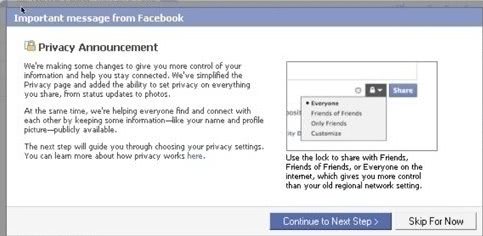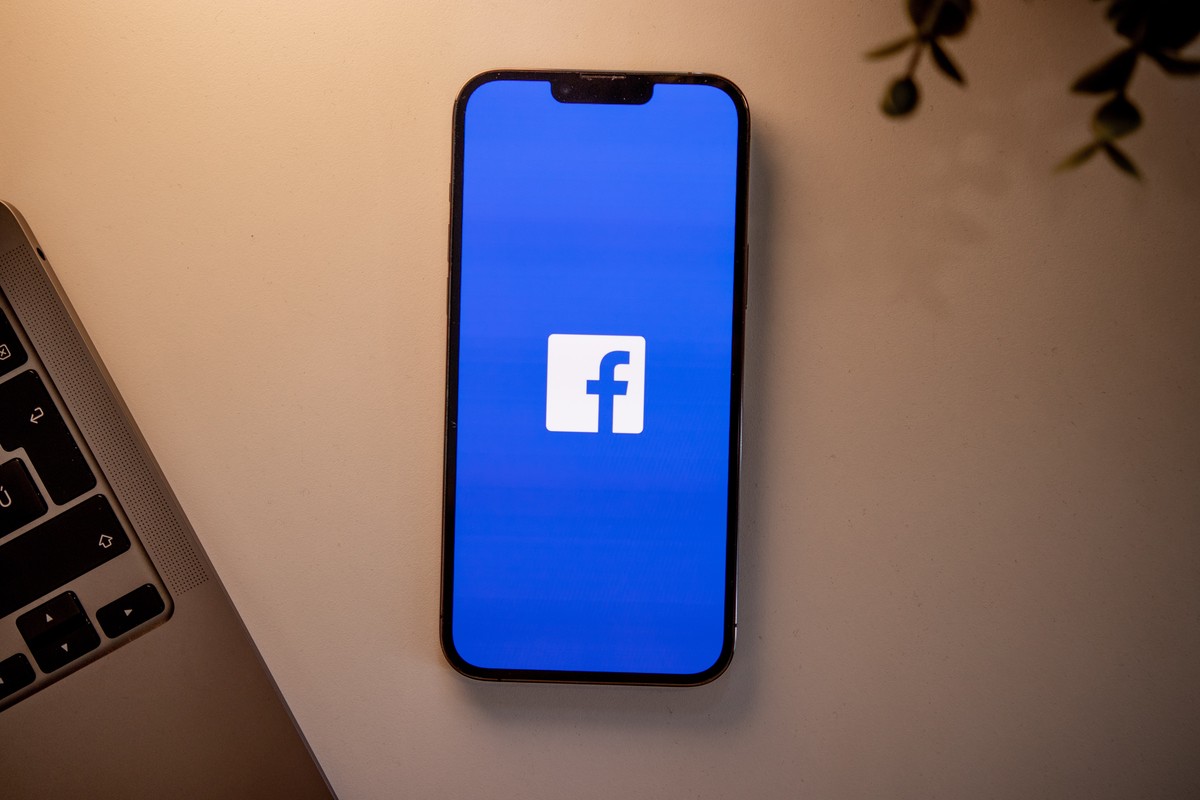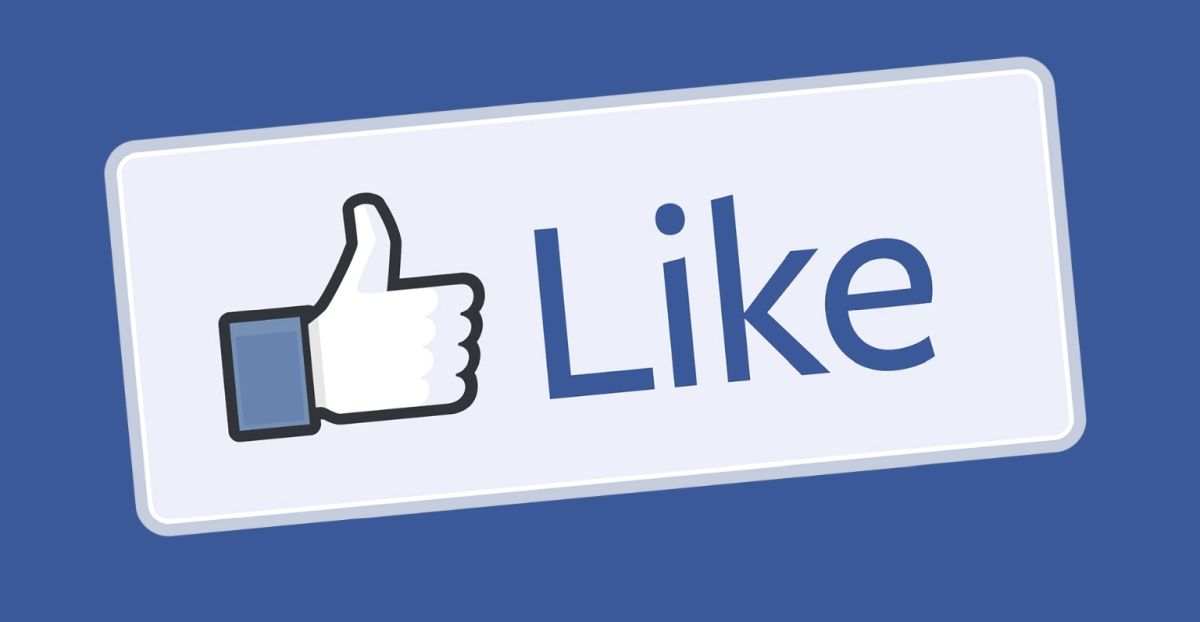Facebook Launches Controversial Privacy Settings
About a week ago Facebook's own Mark Zuckerberg posted an open letter to the community announcing some long awaited privacy changes to the popular social networking website.
What most users would not have expected at that time was how controversial these new privacy settings would be. What Mark announced and promised were better privacy options for Facebook users. What Facebook users got is something different.
The new release contains some changes that are beneficial for a user's privacy on Facebook. This includes per post privacy settings and simpler privacy settings. But there are also major concerns addressed by the EFF or ACLU. This includes criticism of the new recommended privacy settings which actually reduce the privacy that a Facebook user has on the website.
There are four settings for instance which Facebook previously recommended to be only visible to friends including posts made by the user or the work and relation history. The new privacy settings recommend making the data available to everyone.
Another three settings that have also been recommended to be only visible to friends in the past are now recommended to be visible to friends and their friends including photos and political and religious views. (see what does the Facebook privacy transition mean for me for the full picture).
And there are other privacy changes that the EFF calls outright ugly including to the issue of controlling who gets to see personal information.
Under the new regime, Facebook treats that information — along with your name, profile picture, current city, gender, networks, and the pages that you are a "fan" of — as "publicly available information" or "PAI." Before, users were allowed to restrict access to much of that information. Now, however, those privacy options have been eliminated.
The interesting question in this context is why Facebook did change the privacy settings the way they did. The natural answer at this point seems to suggest that this is done to increase the exposure of the website to the search engines and users.
Facebook users will receive a notification upon login that will notify them about the changes. It is currently possible to skip the changes for now. What's your opinion on the changes introduced by Facebook?
Update: Facebook changed privacy settings in recent years. You can check out the privacy basics page on the site which acts as an introduction on privacy. It explains core concepts and points you in the right direction.
























I’m not a fan of the new default settings. I was already not a fan of their good-faith rights-violating privacy policy, or that they do not encrypt their data either.
That said. I barely use the service. It’s an awesome application, and I would love to use it more. It could replace, email, IM, flickr, and more for me… but I just can’t get over the ease of which my information could be turned over to almost anyone.
They reset my privacy settings to a default “allow” all to every thing!!
Lets see, I don’t use Facebook for 1 month so “everyone” has access to my privacy!
What a misleading mess Facebook!
I agree with you. It was just as well that I checked my profile during the time of change. I’ve always restricted my profile so that friends of friends can’t find me. Now, they won’t allow it. The only reason why I use facebook is because my friends use it and I have to keep in contact with them through facebook. Overall, I hate that site and I wouldn’t use it, if I had other ways of contact with my friends. Facebook stinks.
Gee! Horrors! What a surprise! The internet is not about privacy, now is it? Social networking sites aren’t about privacy, now are they?
While I agree that many Internet users are very careless when it comes to publishing personal information on the Internet I do disagree that social networking sites cannot be about privacy as well. They just have to give users control over their data.
At the end of the day ‘participating’ online = some info exposed. Of course the information can be very limited but it is is still something,
RG it really depends on the control users have over their data on those websites.